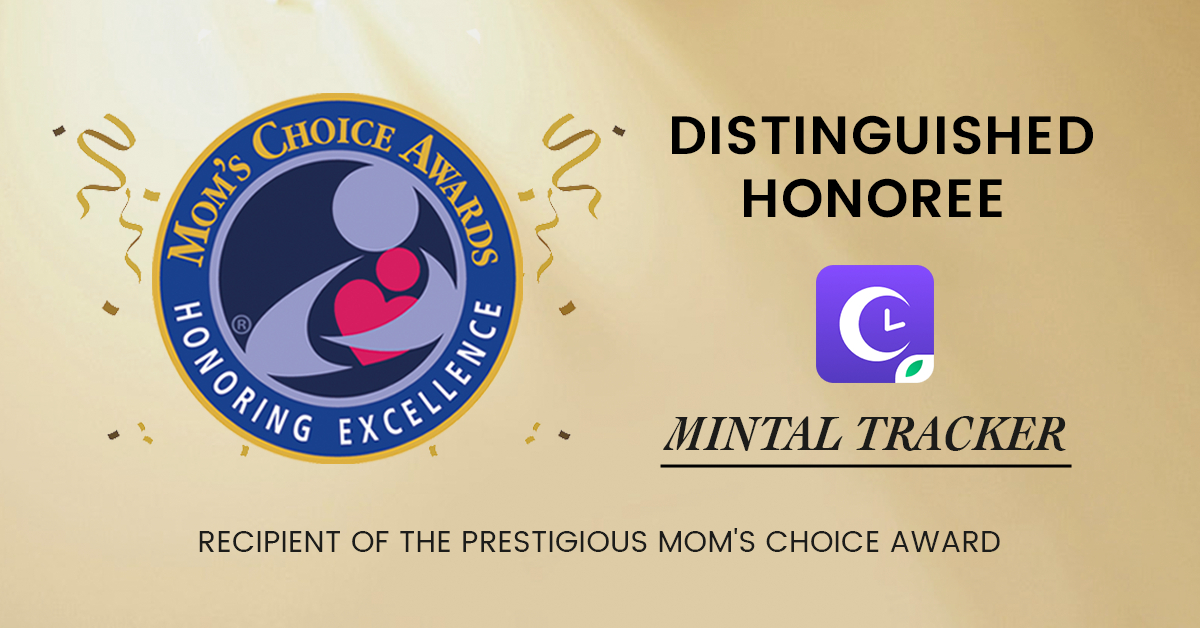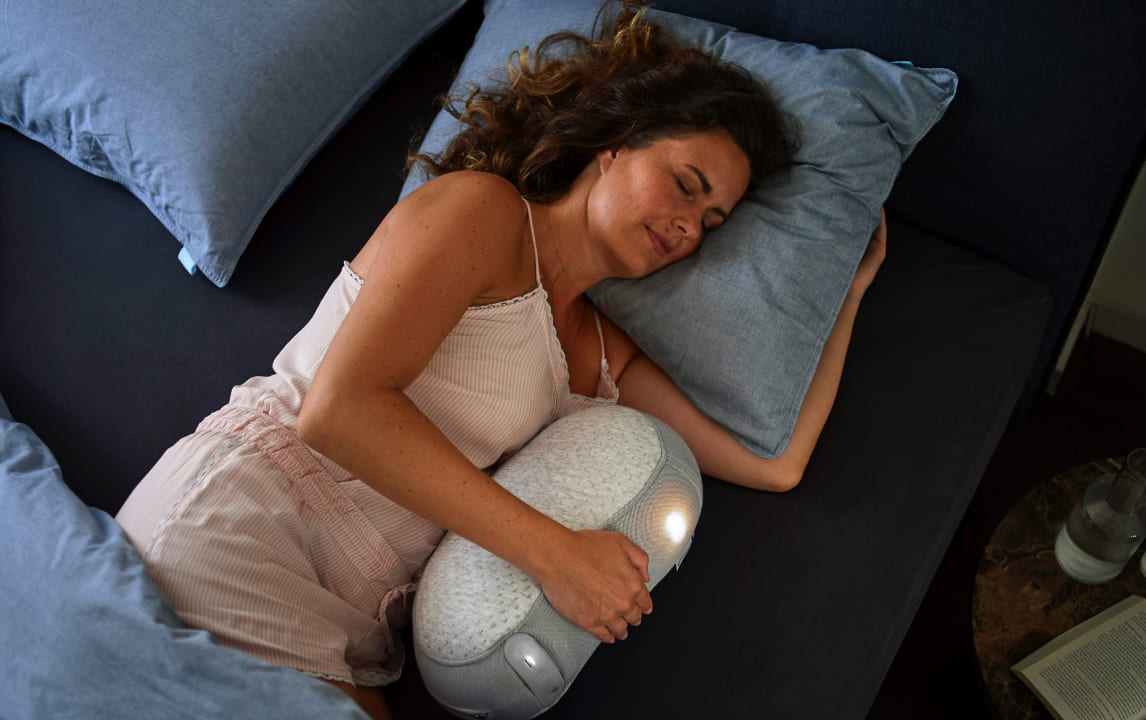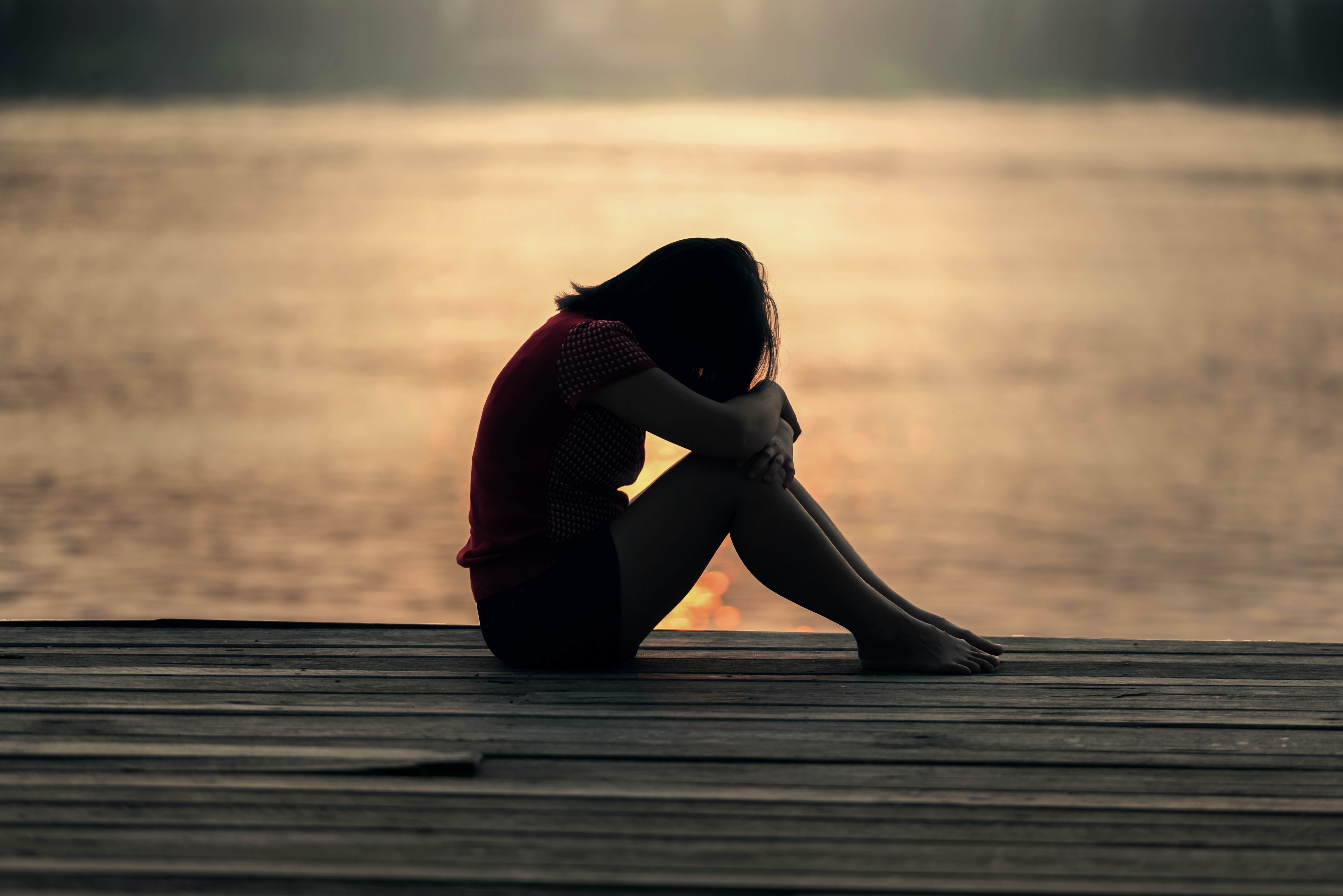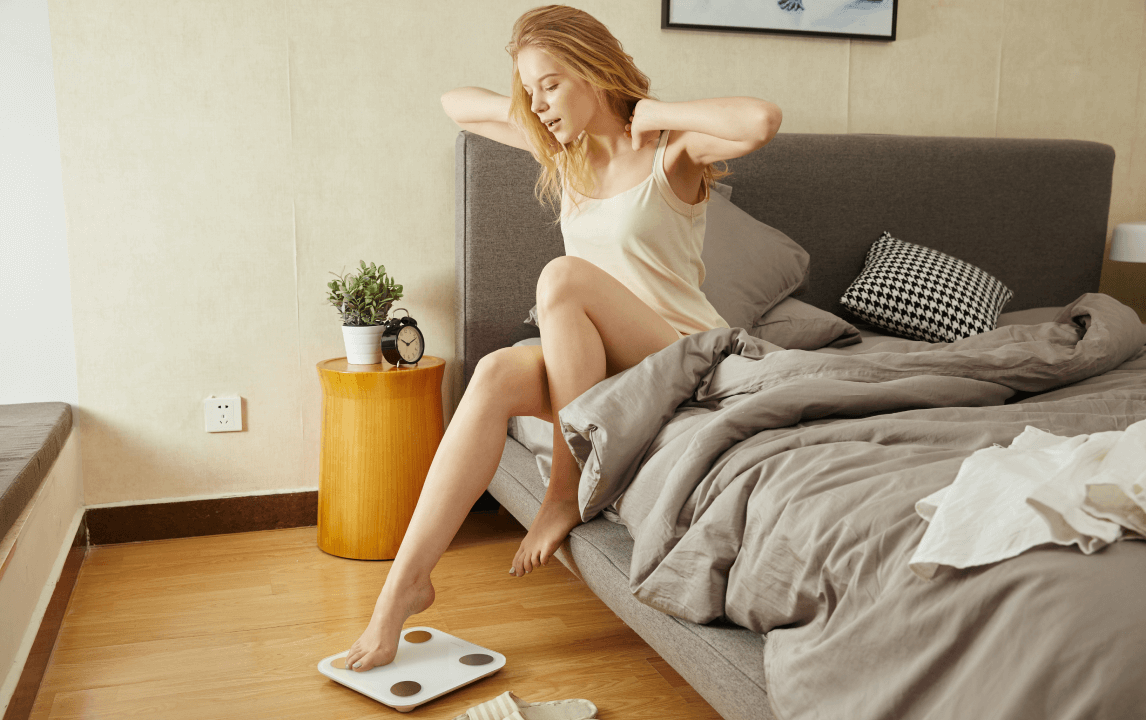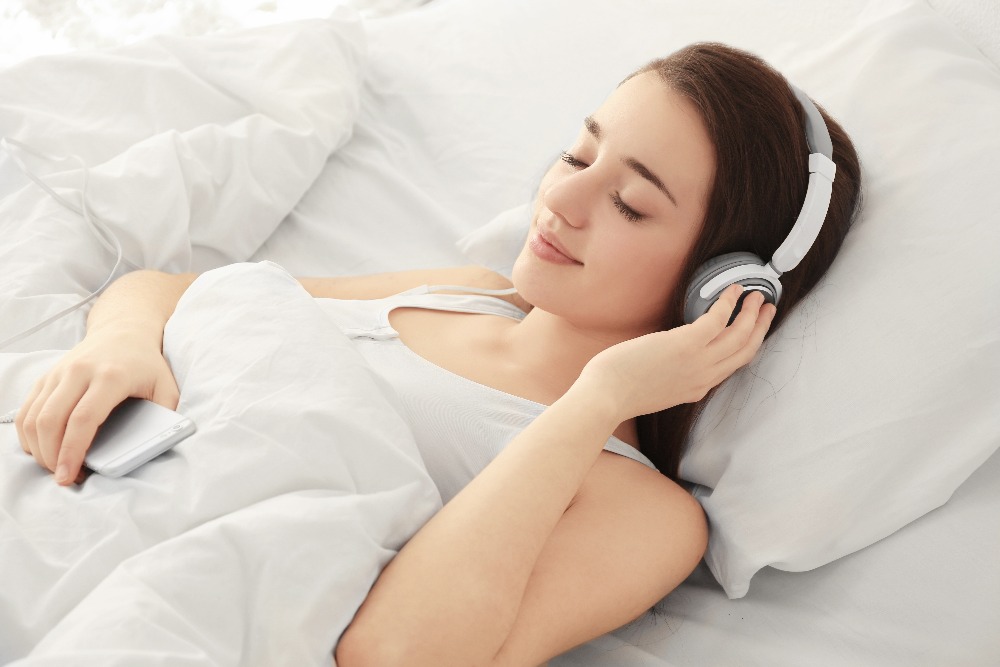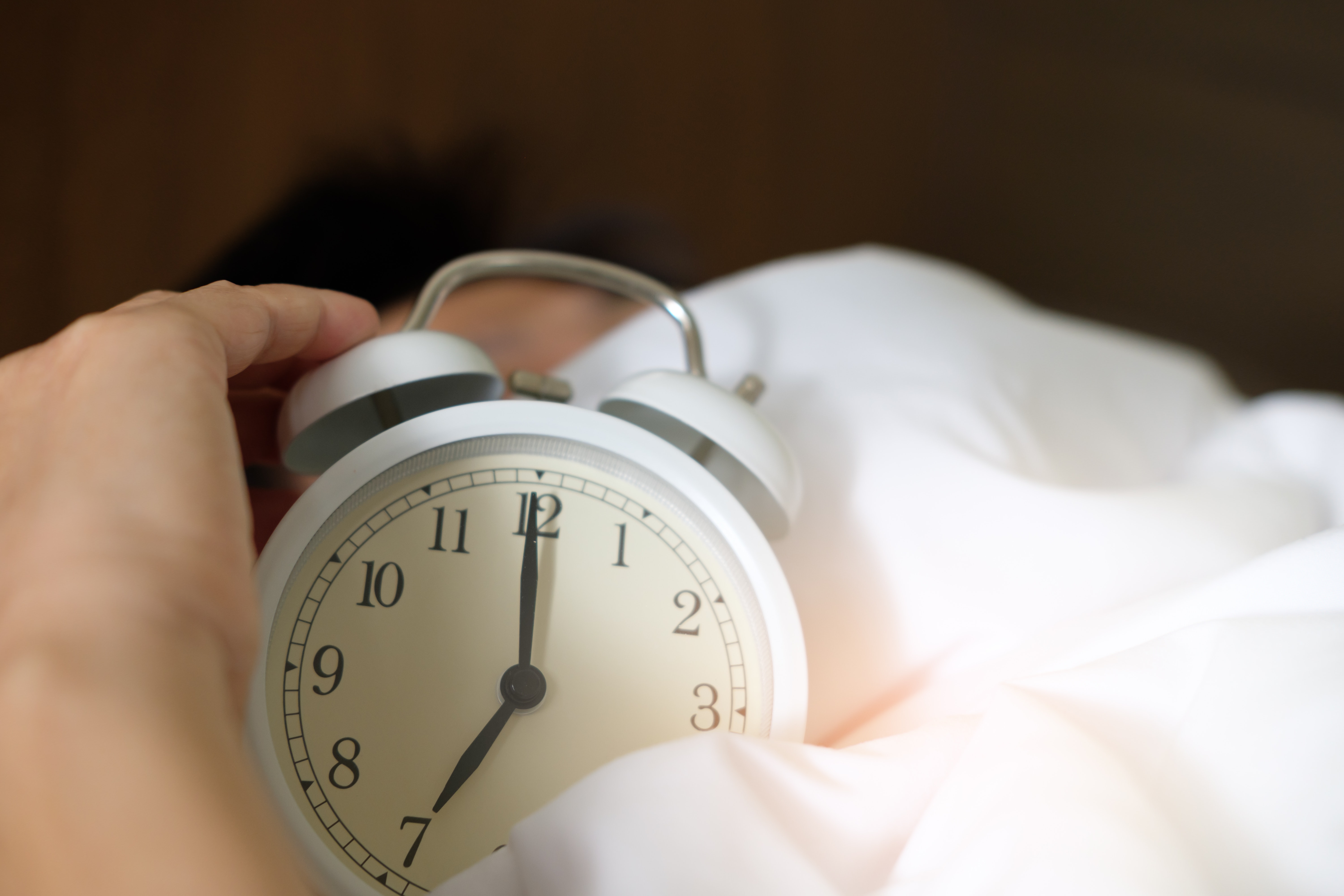If you wake up in the morning and find a wet patch on your pillow, that saliva is the extra saliva that comes out of your mouth while you sleep.
Waking up in a pool of drool is not only uncomfortable but can be embarrassing and smell unpleasant. Frequently experiencing this could indicate a drooling problem. But how to stop drooling in your sleep?
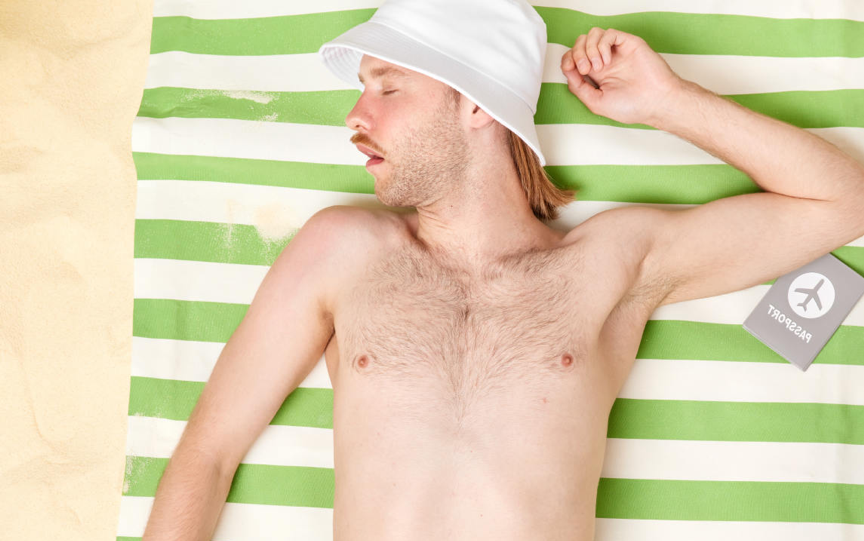
Why Do You Drool While Sleeping?
Excessive saliva is usually caused by the body producing too much saliva. There is not enough muscle control to contain the saliva that the body produces. The mouth and throat cannot swallow the saliva before it escapes from the mouth.
Other Causes for drooling while sleeping include:
2. Nasal Congestion
3. Gastrointestinal Reflux Disorder
4. Medications
5. Sleep Apnea
6. Allergies & Infections
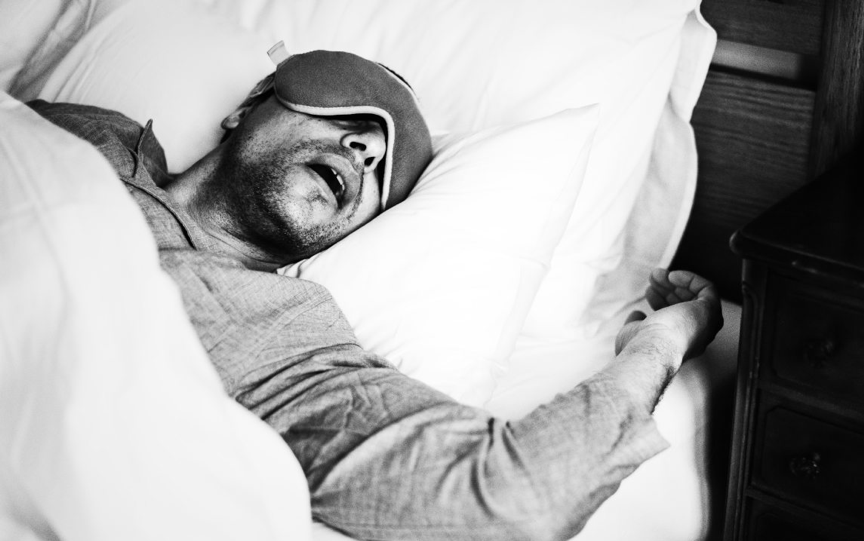
How to Treat and Prevent Excessive Drooling?
How to stop drooling in your sleep? There are treatments you can take to prevent drooling while you sleep.
1. Change Your Sleeping Position
The liquid is more likely to escape from the front or the side of your mouth when it’s facing downward due to mere gravity. So, sleeping on your back in bed is the best way to resolve the issue. If you don’t want to change your sleeping habits, you may consider something like a wedge pillow that elevates your mouth and allows gravity to do its job.
2. Mouth Devices
Mandibular devices are commonly known as mouthpiece or oral devices, and they can be used to prevent various conditions like drooling, snoring, or teeth grinding. Some can be purchased at a drug store, while others require a prescription from a doctor or dentist.
If the sleep apnea is the cause of the drooling, then using CPAP Machines should help.
3. Treat Allergy and Sinus Problems
An infection, especially in the sinuses, could also cause excessive drool. These problems could clear up on their own as the stimulants lessen or seasons change. Alternatively, you may elect to take medication to alleviate symptoms.
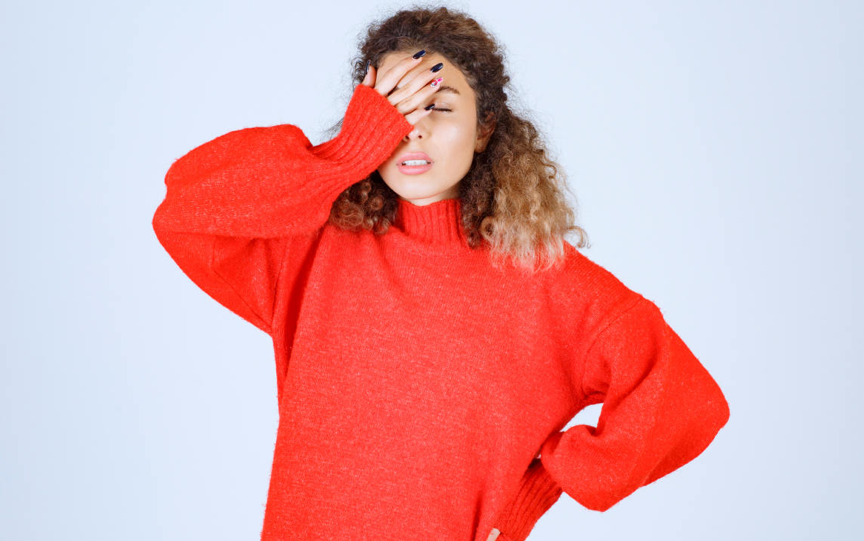
4. Talk to Your Doctor for Other Options
Medications that affect the salivary glands could help adults who struggle with drooling. The most commonly prescribed medication for this is Scopolamine, which is also known as Hyoscine.
In addition, there are Speech Therapy and Botox Injections. Surgery is required in severe cases.
Conclusion
Drooling during sleep is normal. However, if you’re worried about drooling too much, seek medical attention. They can assess whether your drooling symptoms might be a sign of an underlying health condition and offer personalized advice on how to reduce drooling during sleep.
